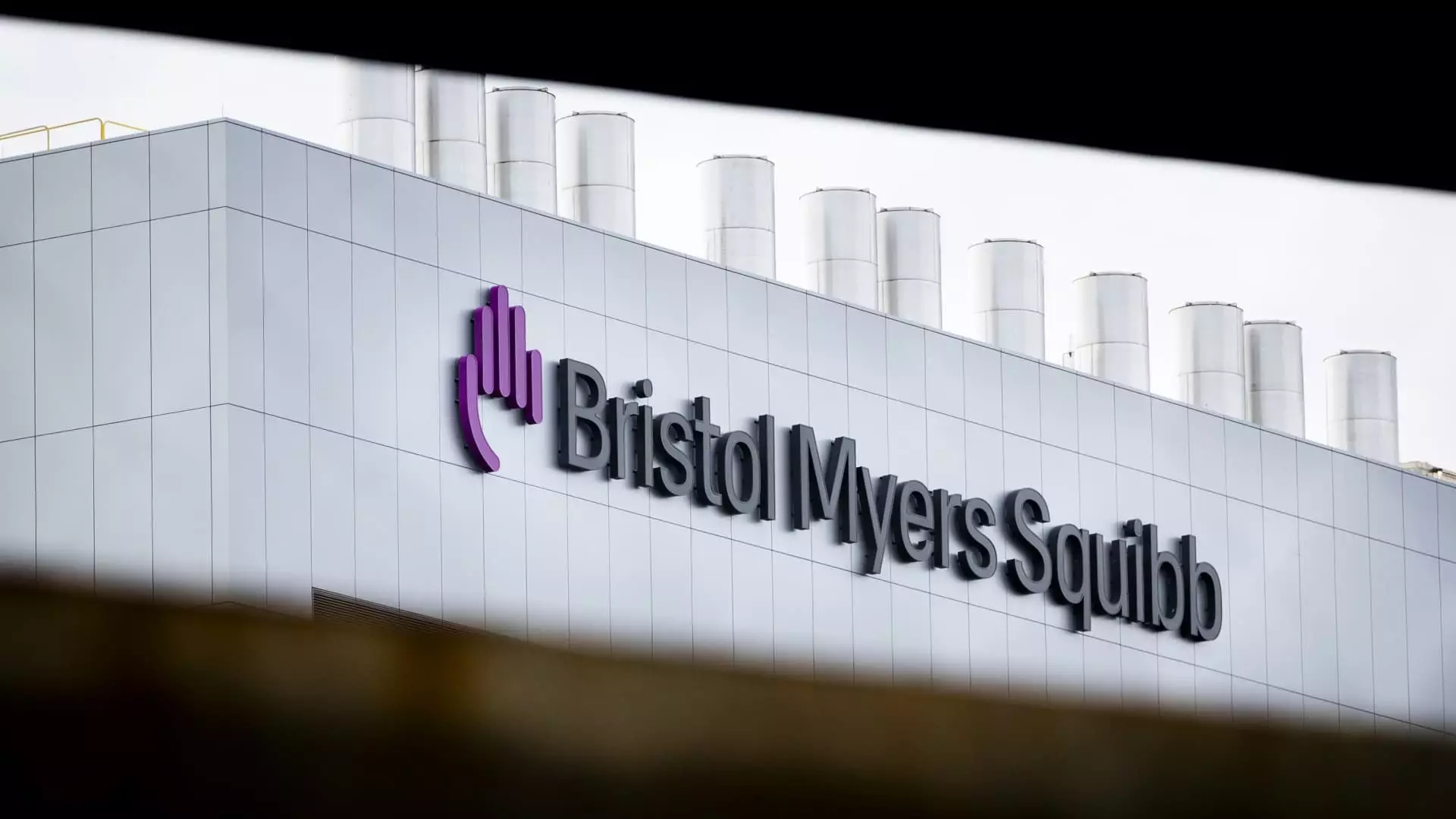Bristol Myers Squibb recently announced its first-quarter results, indicating revenue that surpassed expectations but also indicating a quarterly loss due to various one-time charges. To navigate this challenge, the pharmaceutical company has articulated a plan to reduce costs by $1.5 billion by 2025. This initiative is aimed at optimizing operations, focusing on key drug brands, and enhancing research and development programs.
As part of its cost-saving strategy, Bristol Myerswill be laying off 2,200 employees this year and discontinuing some drug programs. This decision underscores the company’s commitment to prioritizing its investments and maximizing returns for both the company and patients. The company’s Chief Medical Officer, Dr. Samit Hirawat, highlighted that around 12 drug programs have already been discontinued, with a continuous evaluation of others throughout the year.
The Impact of Recent Deals and Revenue Forecast
Bristol Myers reported a significant loss in the first quarter, largely attributed to the charges related to its acquisition of Karuna Therapeutics and collaboration agreement with SystImmune. Despite the loss, the company reported revenue growth primarily driven by the sales of key drugs like Eliquis, Reblozyl, and Opdualag. Eliquis, in particular, recorded $3.72 billion in sales, showcasing a 9% increase from the previous year.
While some newer drugs like Reblozyl and Opdualag posted impressive revenue growth, others fell short of Wall Street’s expectations. Abecma, a cell therapy for multiple myeloma, generated $82 million in sales, lower than analysts’ projections. Additionally, Revlimid’s sales were down by 5%, but it still managed to surpass revenue expectations. Opdivo, on the other hand, saw a 6% decrease in sales compared to the same period last year.
Bristol Myers Squibb faces challenges from increasing competition, particularly for its blockbuster drugs like Revlimid and Eliquis. The pressure to launch new drugs and maintain market share against generic competitors is a pressing concern for the company. The impact of ongoing price negotiations with federal programs like Medicare on Eliquis’ market exclusivity remains uncertain, posing a potential threat to future revenues.
While Bristol Myers Squibb has demonstrated resilience and growth in certain areas, it is crucial for the company to navigate the evolving pharmaceutical landscape strategically. The cost-cutting measures and focus on key drug brands are essential steps towards ensuring long-term success and sustainability. By aligning its resources with high-return research and development programs, Bristol Myers can continue to innovate and deliver impactful solutions for patients worldwide.


Leave a Reply